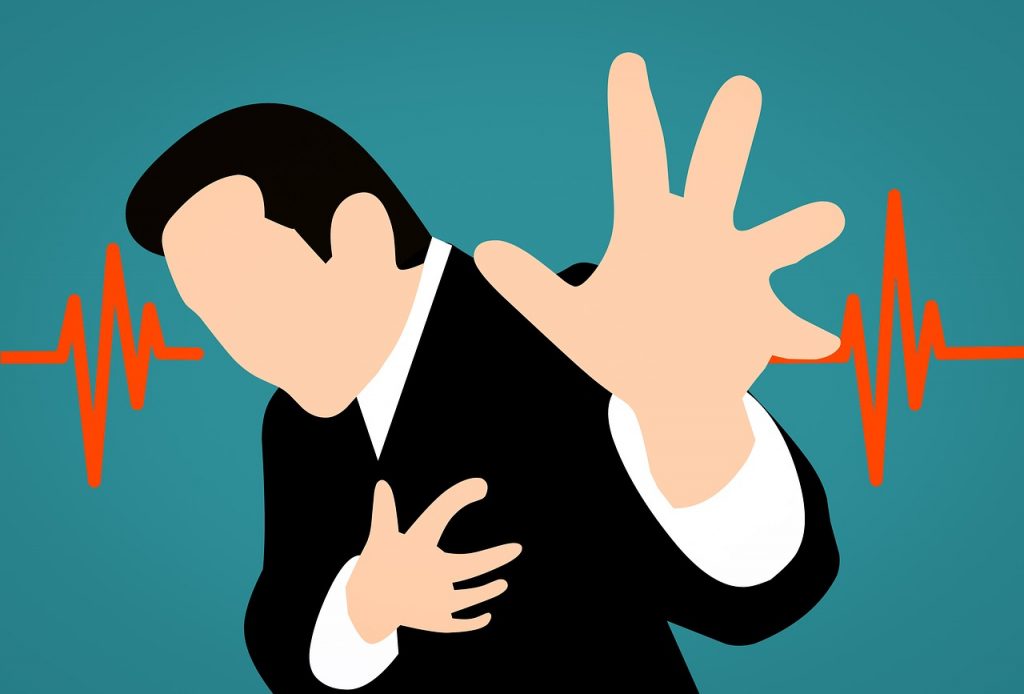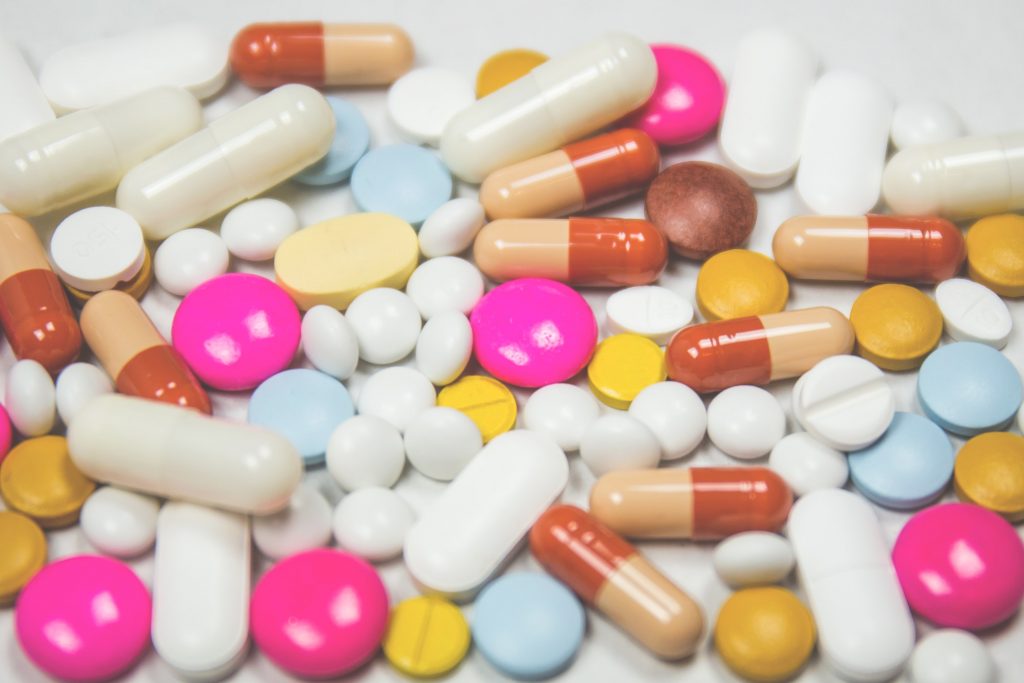If you are having muscular chest pain, you might have got scared, as it mostly relates to a heart attack which is the world’s biggest killer disease. Now it’s time to relax, as all the chest pains are not heart-attack symptoms. If you engage with this article until the end, you will be fortunate to identify the difference between muscular chest pain and heart-related chest pain.
Muscle chest pain refers to muscle strain or pull happens when the muscle of your chest is stretched or torn. The person who has a muscle strain in the chest will experience sudden, sharp pain of this area.
Intercostal muscle strain is the most frequent cause of muscular chest pain, which is also known as a pulled muscle.
Common Causes of Strain in the Chest Muscle Include
- Chronic poor posture
- Falling
- Heavy lifting
- Injuries from sports, car accidents, or other situations
- Overuse of muscles
- A severe cough
- Inadequate warm-up before exercise
- Poor flexibility
- Reaching your arms above your head for a long period of time
Symptoms
If you have muscular chest pain, you may experience with following symptoms
- Pain that worsens when breathing deeply, coughing or sneezing
- Pain that increases with movement of the chest or upper spine
- Upper back pain
- An area of tenderness within the chest wall
Other Causes of Chest Pain
Muscular chest pain sometimes feels like a more crucial problem with the heart or lungs. Therefore, it is very important to identify the difference between these types of pain as it leads to getting emergency treatment when necessary.
Other Causes Which Lead to Chest Pain
Heart attack

Most heart attack pain begins centre or left centre of the chest. Sometimes the pain will spread to one or both arms, the back, jaw, neck or stomach. In some cases, the pain may last more than a few minutes or it may disappear and return. The pain will be similar to tightness, fullness, crushing or heavy pressure. Sometimes it may also feel like heartburn or indigestion. Nausea, breaking out in a cold sweat, shortness of breath, and lightheadedness are the other symptoms of the heart attack.
Pleurisy
Pleurisy is an inflammation in the lining of the lungs. Researches have revealed that bacterial or viral infection is the common cause for this situation. The chest pain occurs in pleurisy is also most like muscular chest pain. But if you have muscular chest pain you can differentiate it from pleurisy because there are some additional symptoms of pleurisy such as muscle aches and fever.
Pneumonia
Pneumonia is an infection which affects one or both lungs. Bacteria, fungi, and viruses are the causes of pneumonia. The patient who suffers from pneumonia may experience sharp pain in the chest, that will worsen when coughing or breathing deeply. Other symptoms of pneumonia are fever, chills, fatigue, appetite loss, confusion, shortness of breath, a cough that produces yellow, bloody mucus and excessive sweating.
Pulmonary Embolism
Pulmonary embolism occurs because of the blockage of the blood vessels in the lungs. Except for chest pain, other additional symptoms are rapid heart rate, feeling faint, dizzy, shortness of breath and cough that produce blood.
Angina Pectoris
Angina pectoris refers to chest pain due to coronary heart disease. When the heart muscle doesn’t get much blood as it needs, angina pectoris occurs. The symptoms of this disease mostly like a heart attack. However, it may be shorter when considering the duration. Most of the time it disappears within 5 minutes.
Diagnosis
If you bother about your chest pain or difficult to identify whether it is muscular chest pain or something else as we discussed earlier, it is better if you can consult a doctor. Your doctor will be able to identify what may have contributed to your pain by asking you about your symptoms and further observation.
Muscle strain which is the most frequent cause of muscular chest pain can be categorized as either acute or chronic
Acute Strains
Arise from injuries sustained immediately after direct trauma such as vehicle accident or fall
Chronic Strains
Arise from Longer-term activities, such as repetitive motions used in sports
Taking in to account these situations, strains are graded according to the severity
- Grade 1: Indicates mild damage. This would most probably be five per cent of muscle fibres.
- Grade 2: Reveals more damage. There is a loss of strength and mobility, but it is not fully ruptured.
- Grade 3: Indicates a complete muscle rupture, which sometimes requires a surgery
Treatment

The first-line treatment for muscular chest pain consists of four factors, which is revealed as “RICE”.
Rest
Refrain from doing the strenuous activities which lead to muscle strain.
Ice
To get relief to apply an ice pack on the affected area for 20 minutes. It is much better if you repeat it several times a day.
Compression
Wrap the affected area from a bandage. It is better if you can get advice from a doctor or a pharmacist regarding this.
Elevation
Try to keep your chest elevated
After observations, your doctor may recommend you follow the RICE procedure for the first 24-48 hours.
If you have Severe pain or pain last for a long period, your doctor may prescribe some physical therapy and exercises. In some cases, a physician may recommend doing surgery. But don’t worry, it is only for rare cases.
As the prevention is always better than the cure, my advice for you is followed below easy steps so that you will be fortunate to get rid of muscular chest pain.
- Don’t forget to warm up before exercising. and cool down afterwards
- Take care of activities, when there is a risk of falling you
- Be careful when lifting heavy objects
- Take days off from exercise when you feel that it is necessary
- Don’t forget to eat well and exercise regularly
So, I hope you will never have chest pain in the future. now you are aware of these symptoms and the way how you can relive, in case, if you happen to have chest pain in the future.


